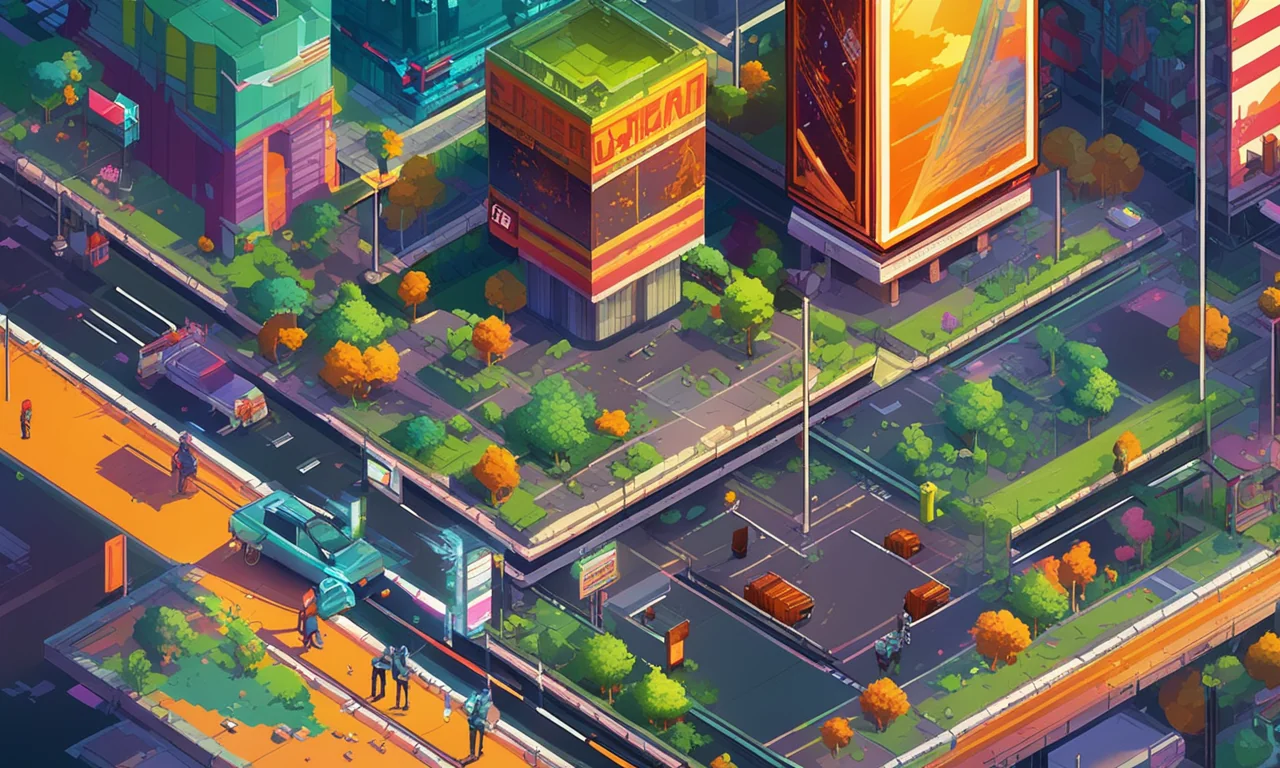
Indie Games Drive Industry Shift Toward Authenticity and Creative Resilience
Today's gaming sector sees rising indie influence and pushback against corporate and AI practices
Today's Bluesky gaming discourse reveals a vibrant and evolving landscape where indie passion, creative resilience, and community growth intersect with industry tensions and cultural debates. From the celebration of representation and retro nostalgia to the pushback against corporate practices and AI's creative encroachment, the conversation is both rich and reflective of deeper shifts in gaming culture.
Indie Spirit and Community Empowerment
A groundswell of appreciation for indie games and authentic community-building is evident across several threads. The argument for "quality over quantity" is reinforced by reflections on how indie titles like Hollow Knight challenge AAA norms, with creators emphasizing that respectful engagement and fair pricing can still yield strong returns. This sentiment is underscored by praise for accessible, well-crafted games and the value of genuine developer-player relationships, as seen in the discussion of indie game economics.
The importance of fostering gaming communities is a recurrent theme, with users sharing resources such as a Starter Park for gaming creators to help newcomers navigate Bluesky's expanding ecosystem. This organic growth reflects a positive shift, countering narratives of stagnation and demonstrating the platform's capacity to nurture meaningful connections.
"Make a quality product; you can sell it for peanuts and still make a good return. Respect your audience; they stick with you."
Industry Tensions and the Fight for Authenticity
Bluesky users continue to challenge industry practices and defend creative integrity. The patent debate surrounding Nintendo's new gameplay mechanics prompts a nuanced conversation about innovation versus restriction, with participants urging skepticism toward sensational headlines and highlighting the specificity of patent law. This is captured in the critical analysis of recent patent controversies.
Concerns about AI-generated content and its impact on creative labor are palpable, with experienced creators expressing frustration at the proliferation of soulless material and the marginalization of original voices. The existential threat posed by automation is contrasted with the dedication of those who produce deeply personal work, as reflected in discussions about podcast production in an AI era.
"Everything good's getting squeezed out for cheap empty trash"
Cultural Reflections and Representation in Gaming
The gaming community remains engaged in broader cultural debates, from the visibility of women and diverse creators—highlighted through the celebration of women's representation in gaming—to reflections on the cyclical nature of moral panics targeting video games. The persistence of outdated theories linking gaming to societal issues, such as violence, is met with informed rebuttal, as seen in discussions about the video game blame narrative.
Nostalgia and retro culture also play a significant role, with posts reminiscing over classic advertising and creative milestones, like vintage game ads and the enduring appeal of fan-made games. This intertwining of past and present speaks to gaming's evolving identity and its power to forge lasting connections across generations.
"This theory has been thoroughly disproven and is simply the latest in a string of things that kids do that get blamed for bad things."
Bluesky's gaming conversations today illustrate a sector defined by resilience, creativity, and a commitment to authenticity. While industry challenges and cultural debates persist, the platform's users collectively drive progress, nurture inclusive spaces, and celebrate the best of gaming—past, present, and future.
Every community has stories worth telling professionally. - Melvin Hanna